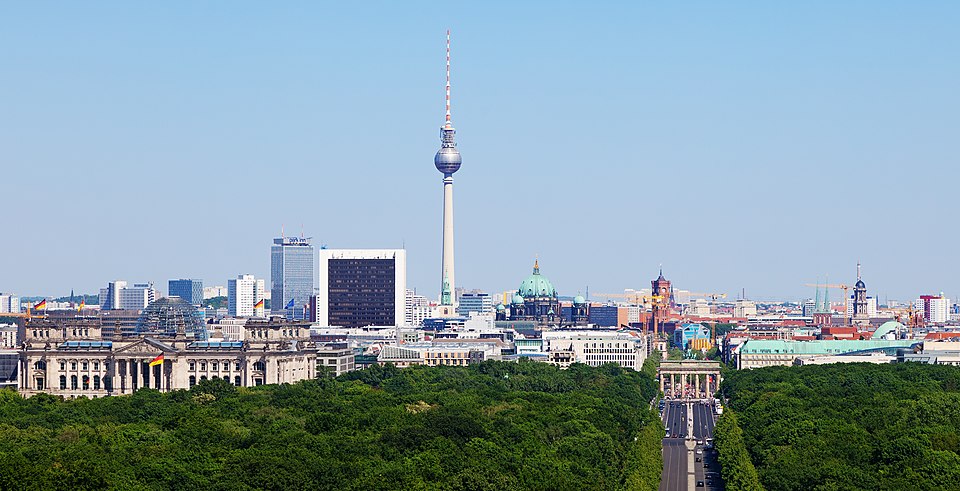

Curated experiences in Berlin
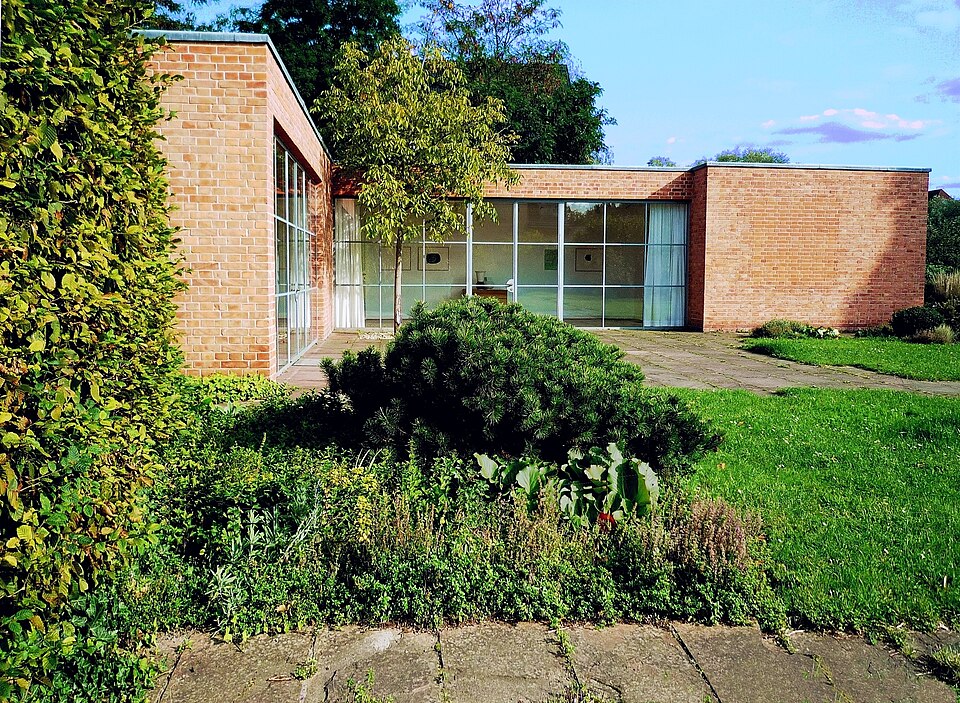
The Lemke House (also Landhaus Lemke or Mies van der Rohe Haus ) on Oberseestraße 60 in the Berlin district …
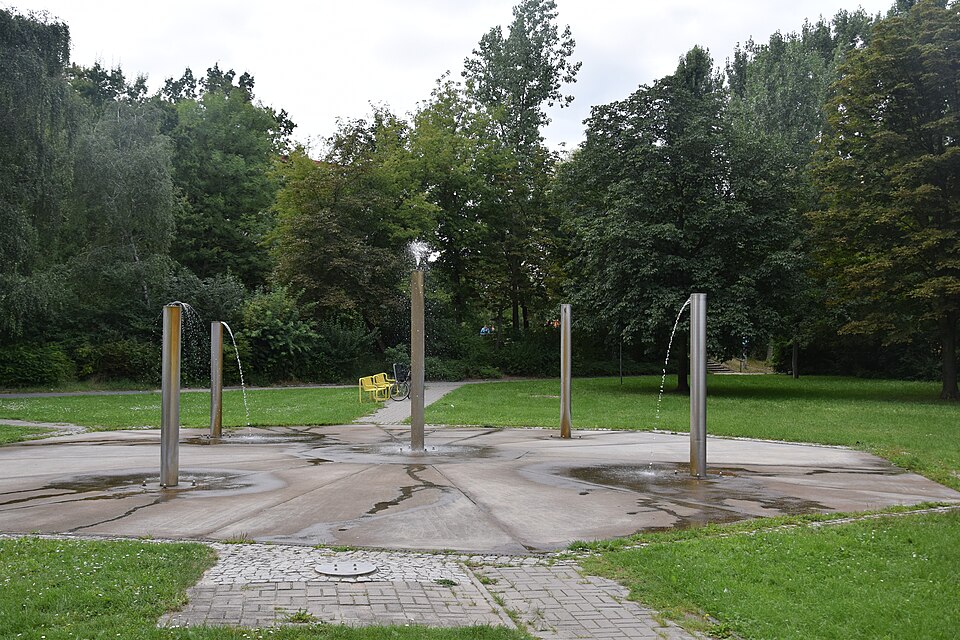
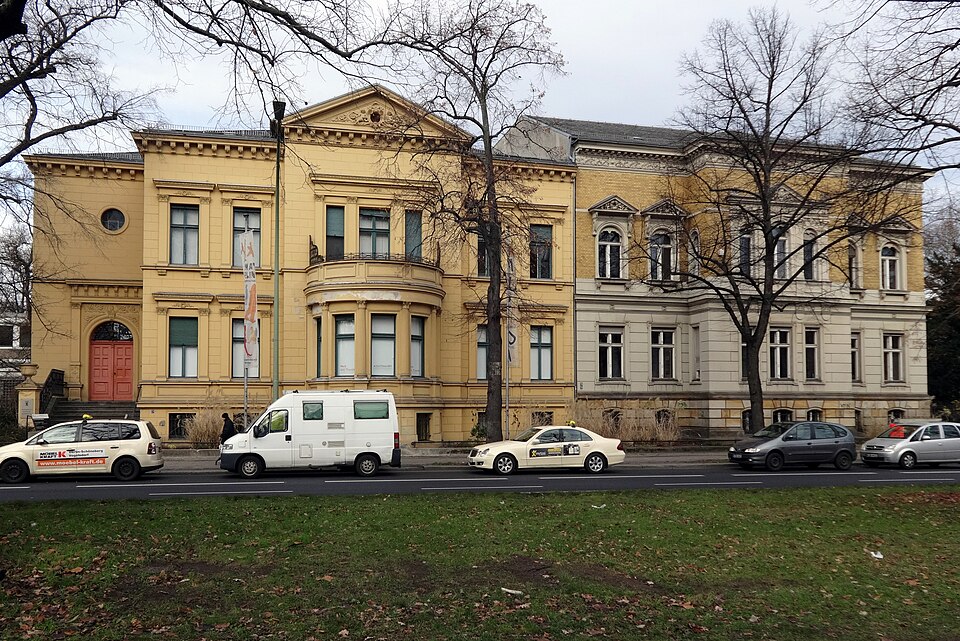
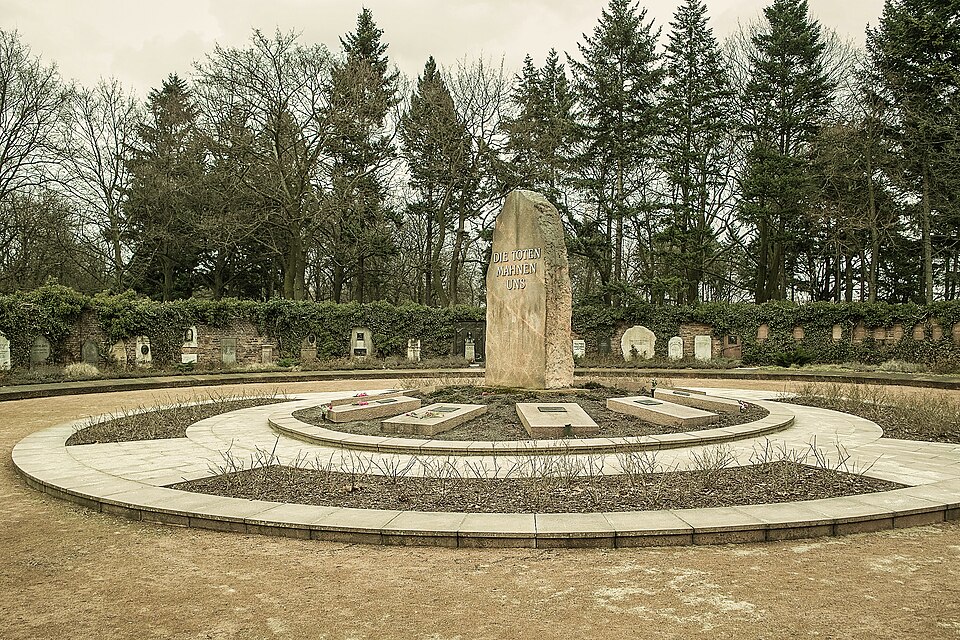
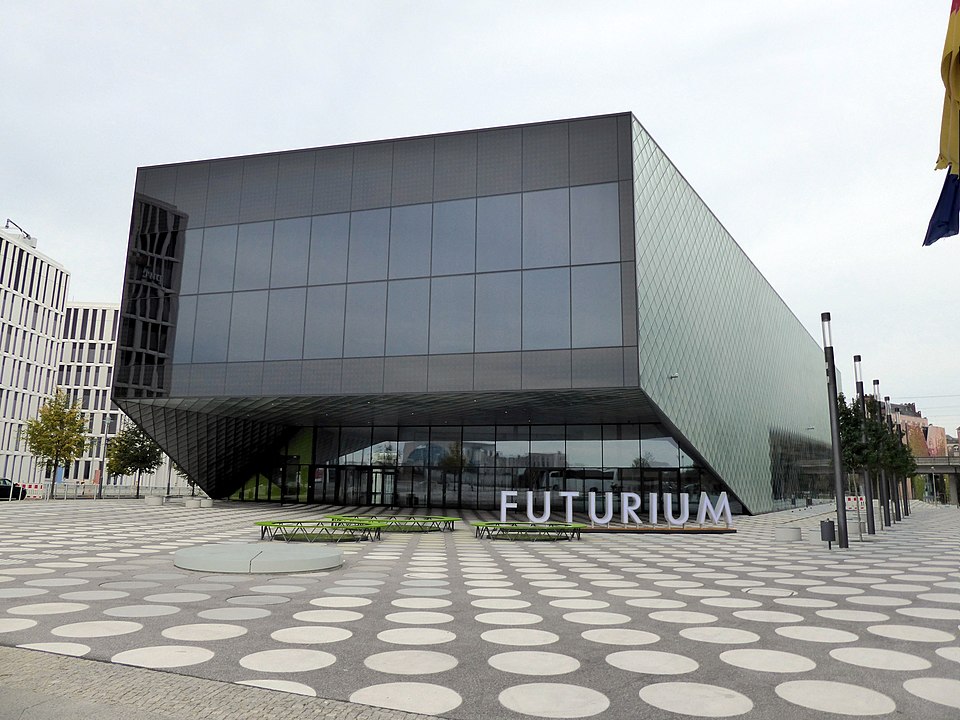
The Futurium, also called Futurium Museum and Musée Futurium, is a museum with futuristic exhibitions and laboratory. It is an …
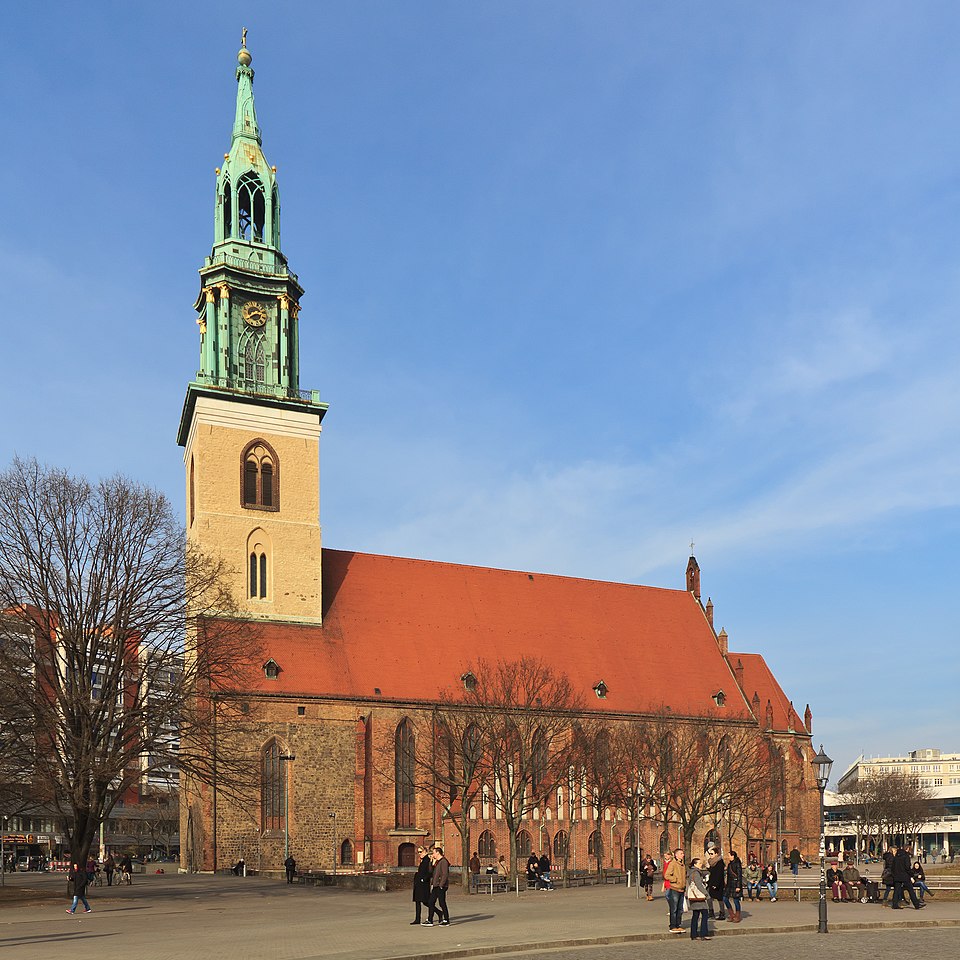
St. Mary's Church, known in German as the Marienkirche or St.-Marien-Kirche, is a church in Berlin, Germany. It is located …
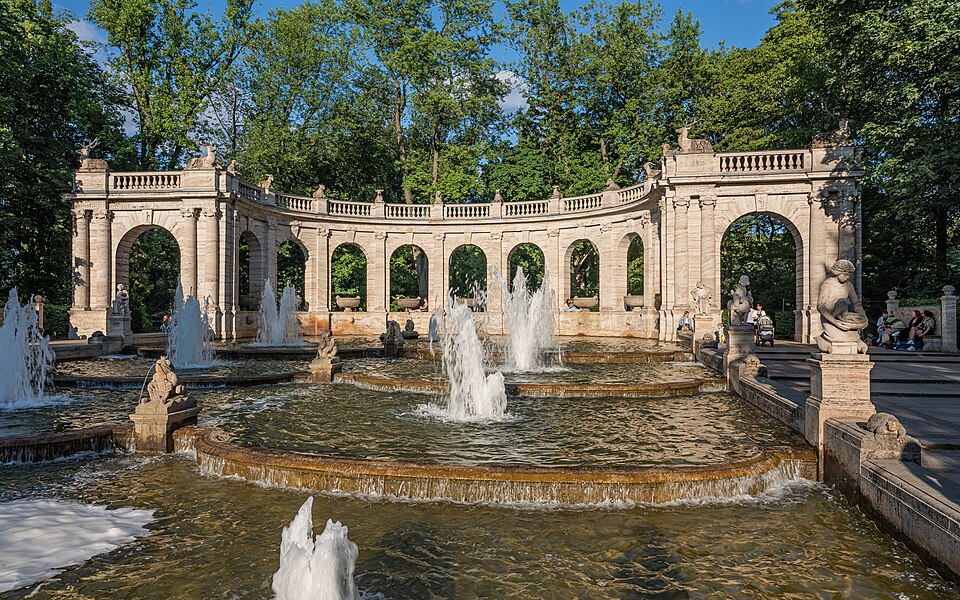
The Märchenbrunnen (simply the "fountain of fairy tales") is located in the Volkspark Friedrichshain in Berlin. In 1893 the authorities …
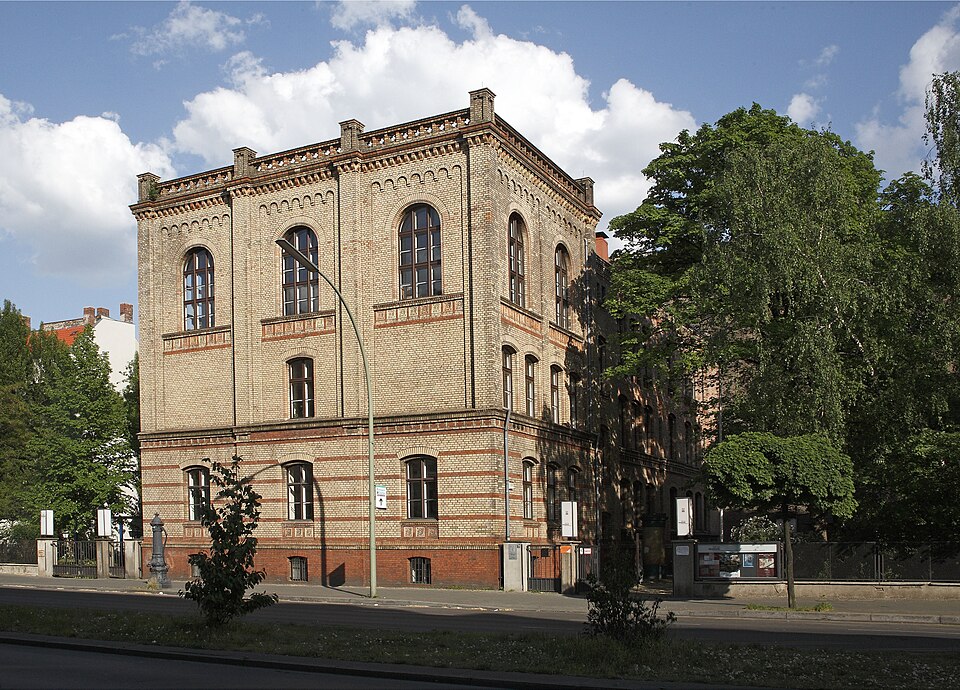
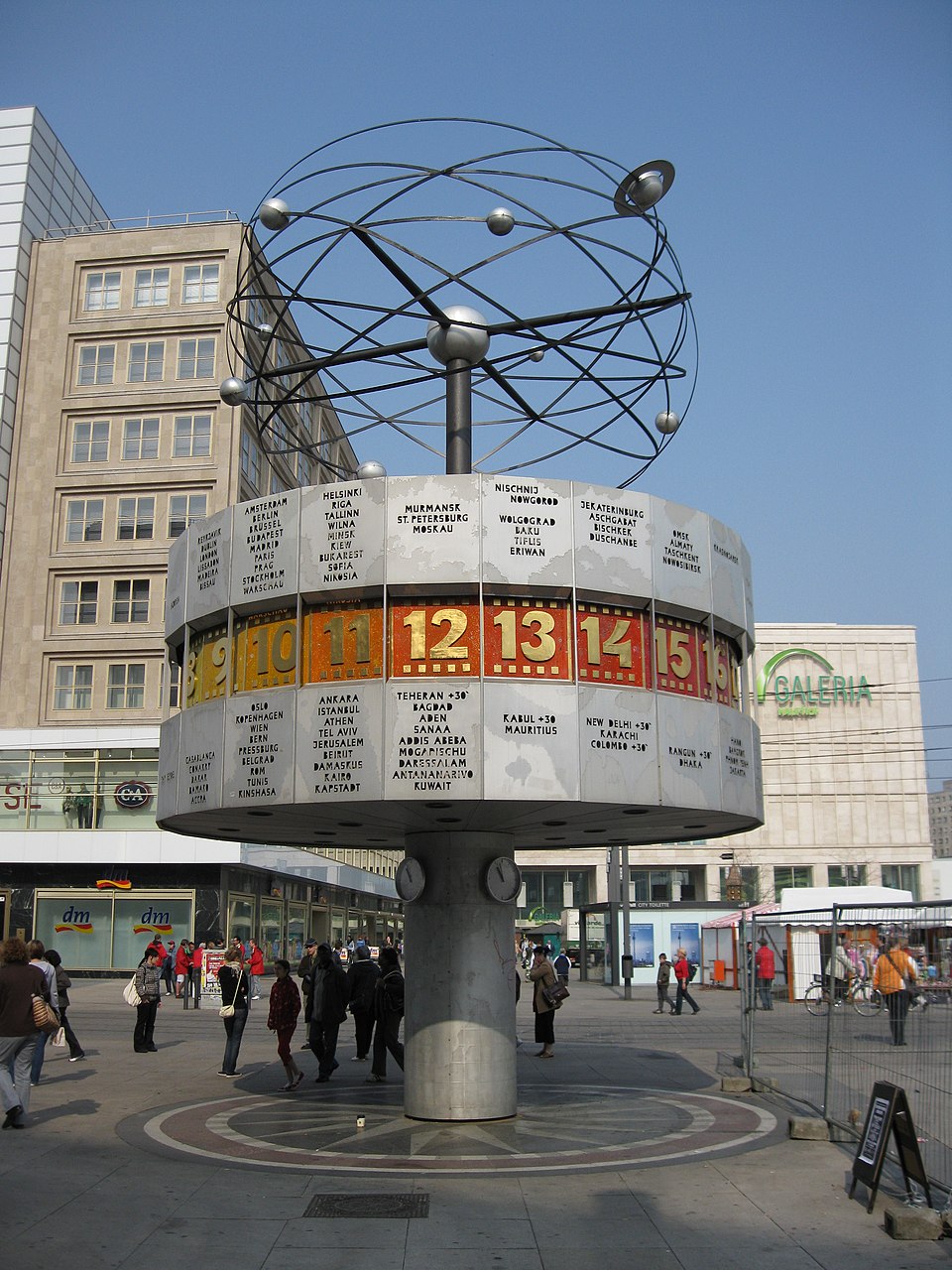
The World Clock (German: Weltzeituhr; German pronunciation: [ˈvɛltt͡saɪ̯tˌʔuːɐ̯] ), also known as the Urania World Clock (German: Urania-Weltzeituhr), is a …
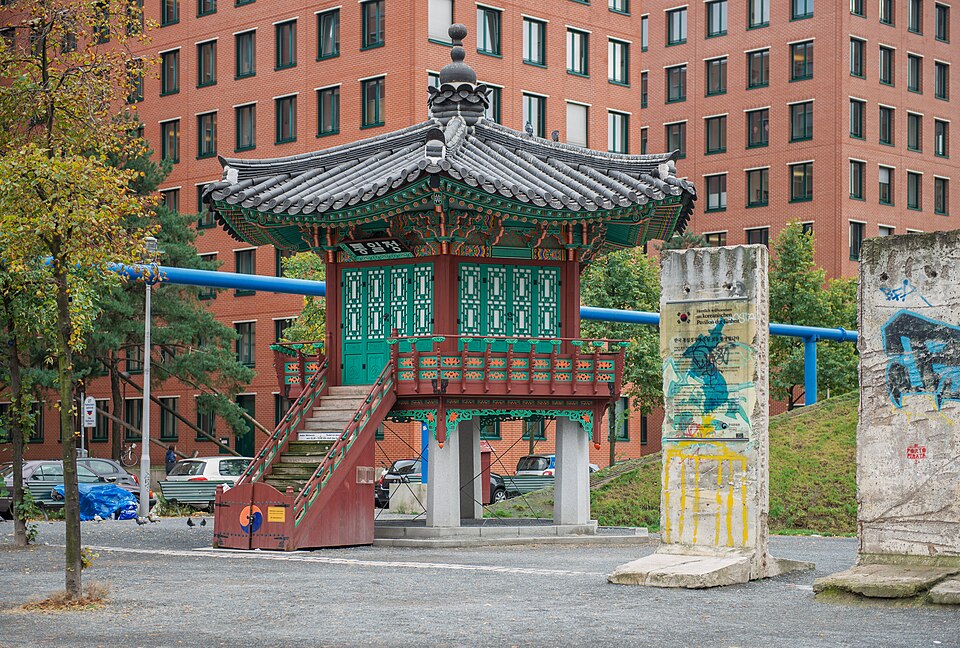
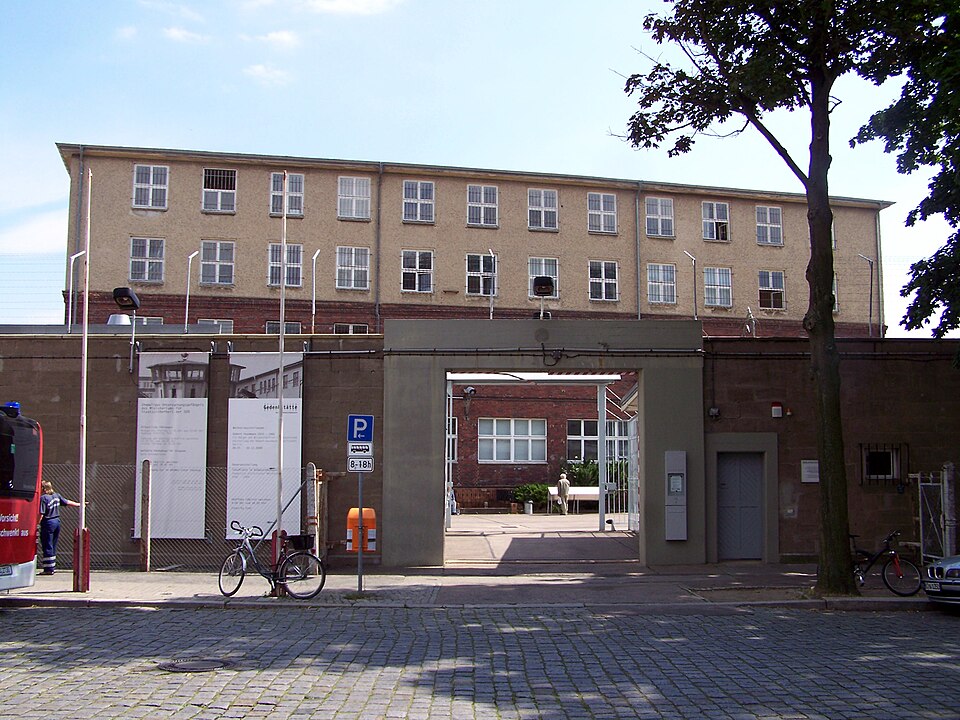
The Berlin-Hohenschönhausen Memorial (German: Gedenkstätte Berlin-Hohenschönhausen) is a museum and memorial located in Berlin's north-eastern Lichtenberg district in the locality …
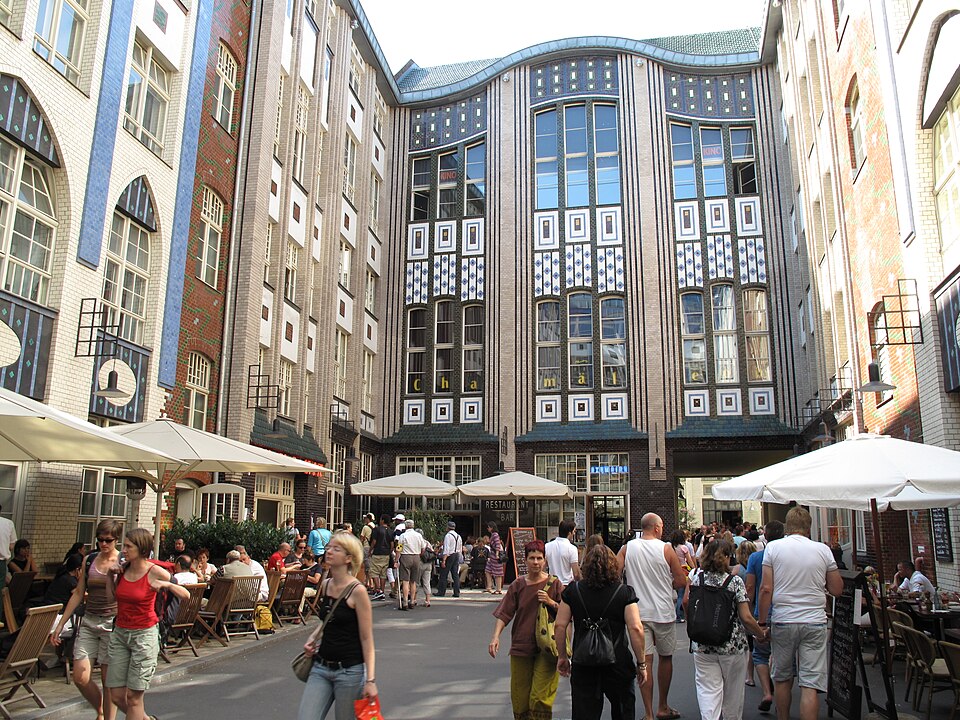
The Hackesche Höfe (English: Hacke's Courtyards) is a notable courtyard complex situated adjacent to the Hackescher Markt in the centre …
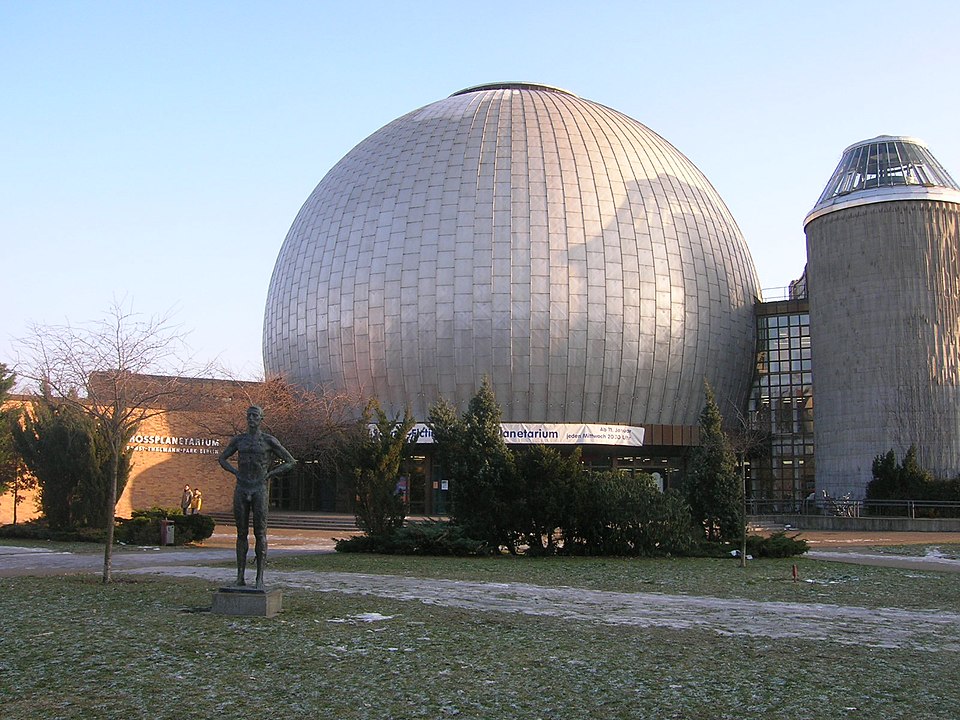
The Zeiss Major Planetarium (German Zeiss-Großplanetarium) is a planetarium in Berlin, and one of the largest modern stellar theatres in …
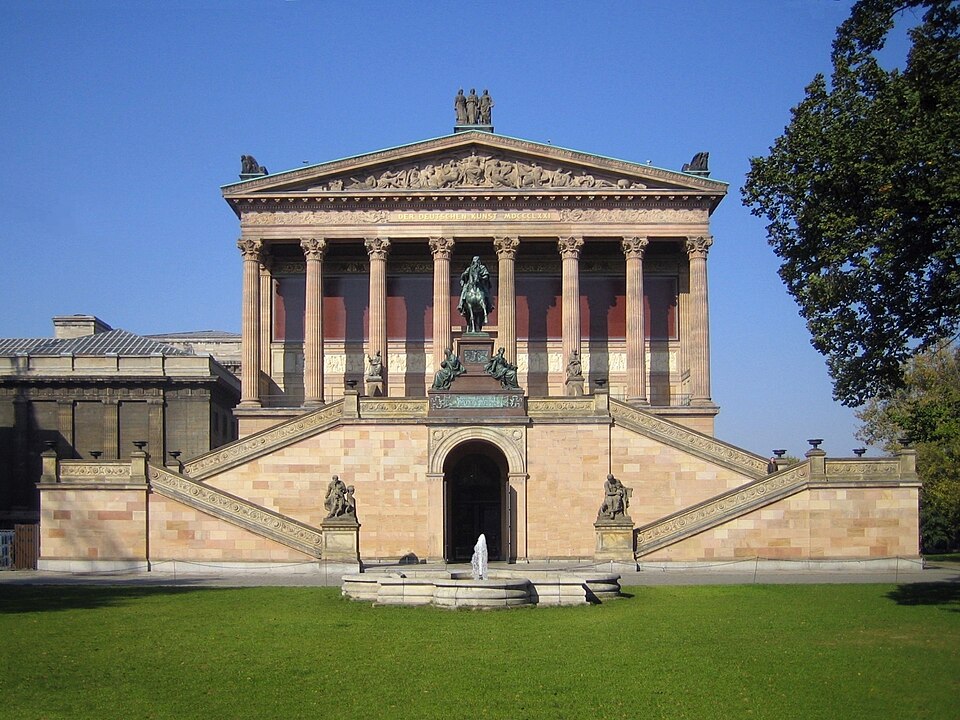
The Alte Nationalgalerie (lit. Old National Gallery) is a listed building on the Museum Island in the historic centre of …
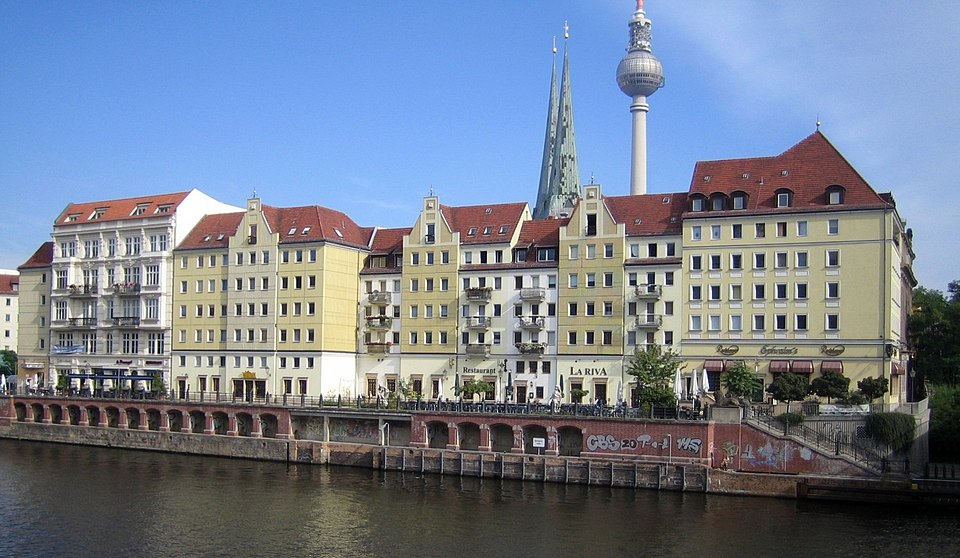
The Nikolaiviertel (; 'Nicholas Quarter') is an old quarter of the German capital of Berlin, founded c. 1200. Together with …
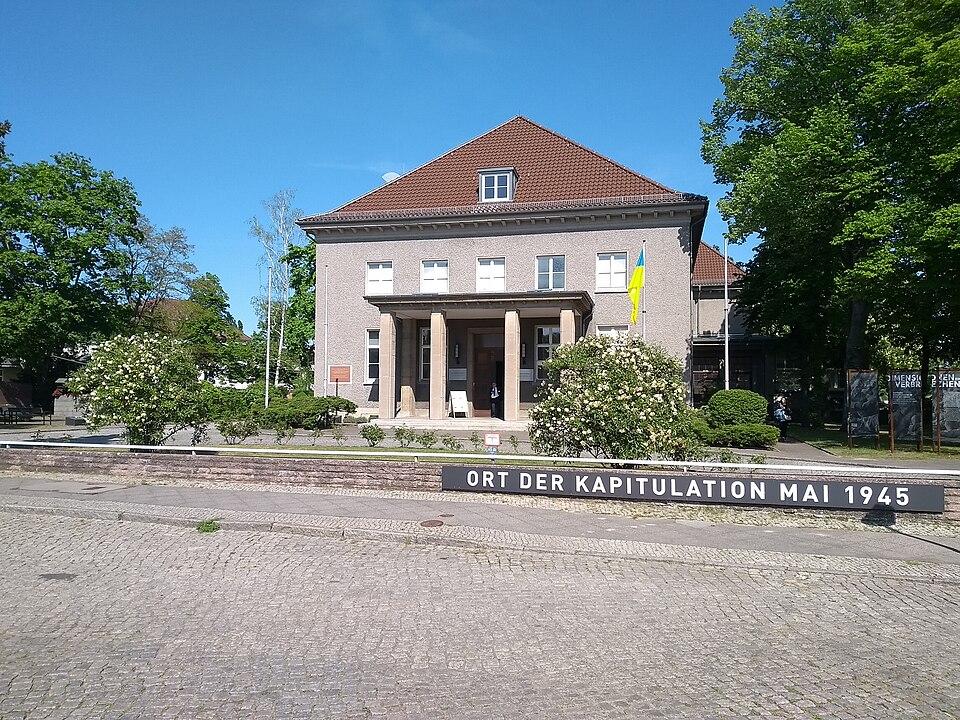
The Museum Berlin-Karlshorst, previously named German-Russian Museum Berlin-Karlshorst (Deutsch-Russisches Museum Berlin-Karlshorst) is dedicated to German-Soviet and German-Russian relations with a …
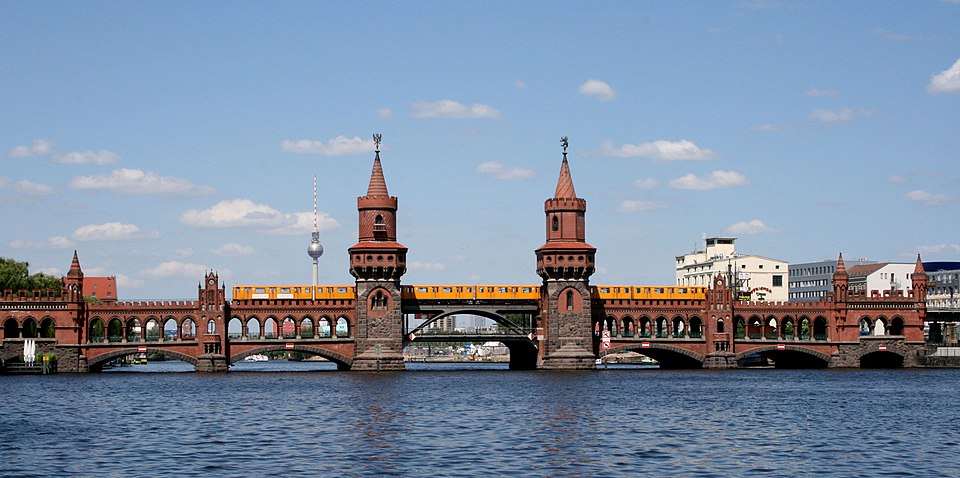
The Oberbaum Bridge (German: Oberbaumbrücke) is a double-deck bridge crossing Berlin, Germany's River Spree, considered one of the city's landmarks. …
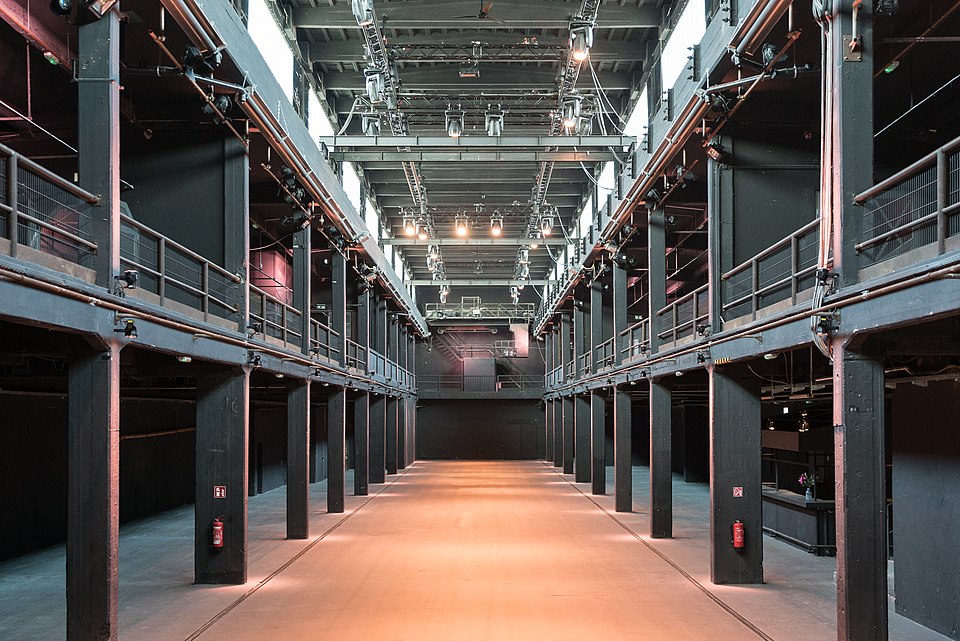
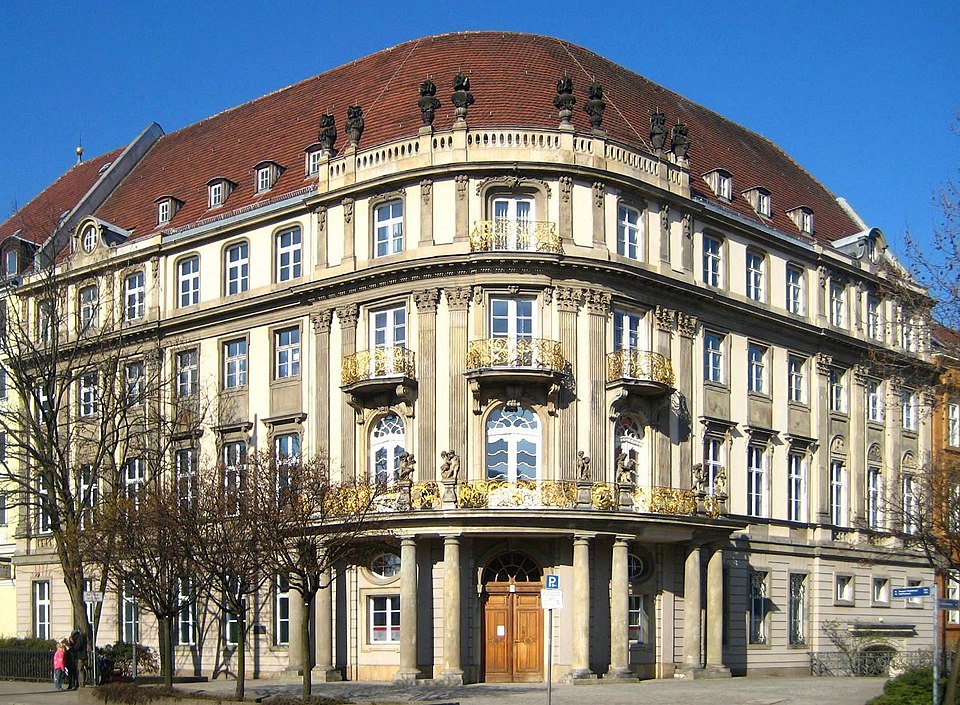
The Ephraim Palace (German: Ephraim-Palais) is a Rococo-style building in Berlin, Germany, originally constructed in 1766. Despite the destruction of …
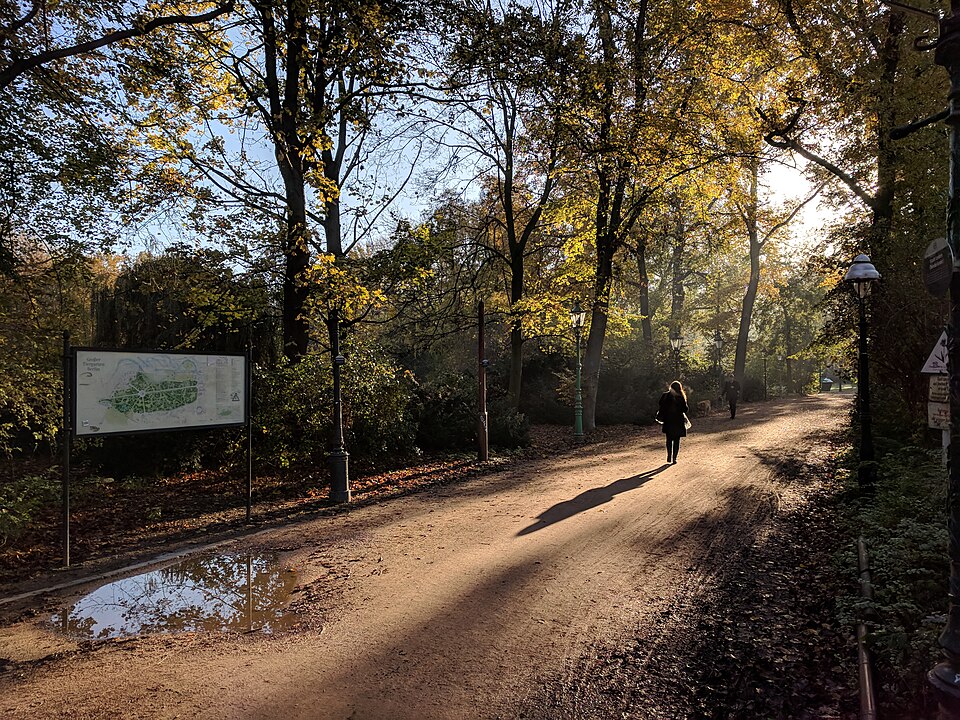
Gaslaternen-Freilichtmuseum Berlin (English: Gas Lantern Open-Air Museum Berlin) a permanent exhibition of historical gas lanterns in Tiergarten park in Berlin, …
Create a personalized itinerary and unlock the finest experiences Berlin has to offer
Plan Your Trip